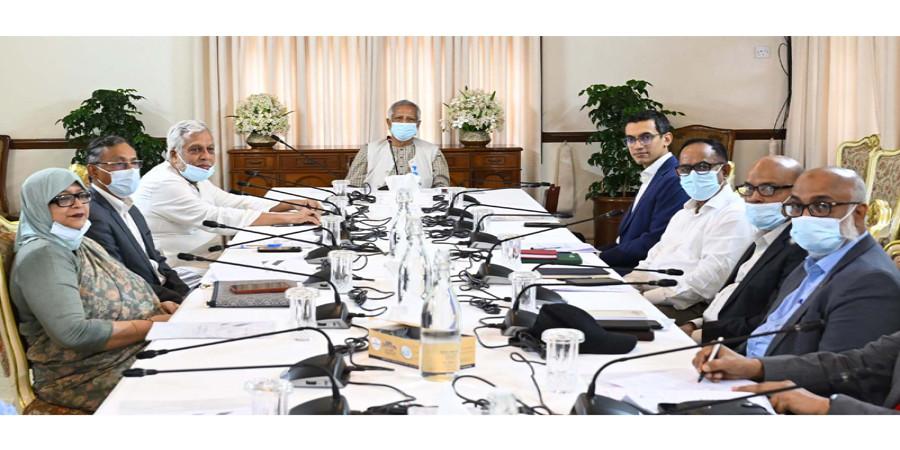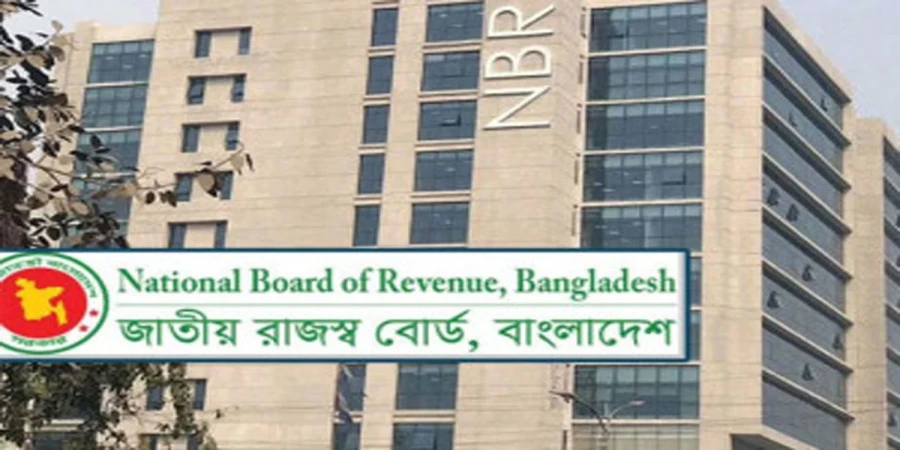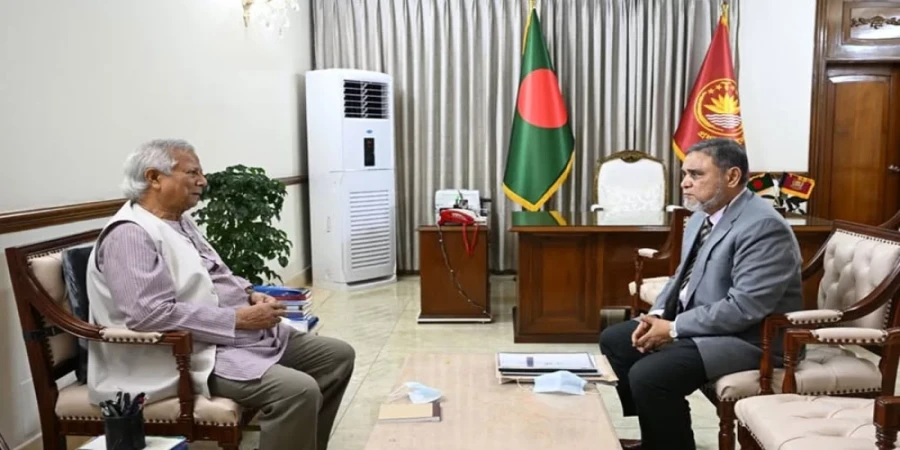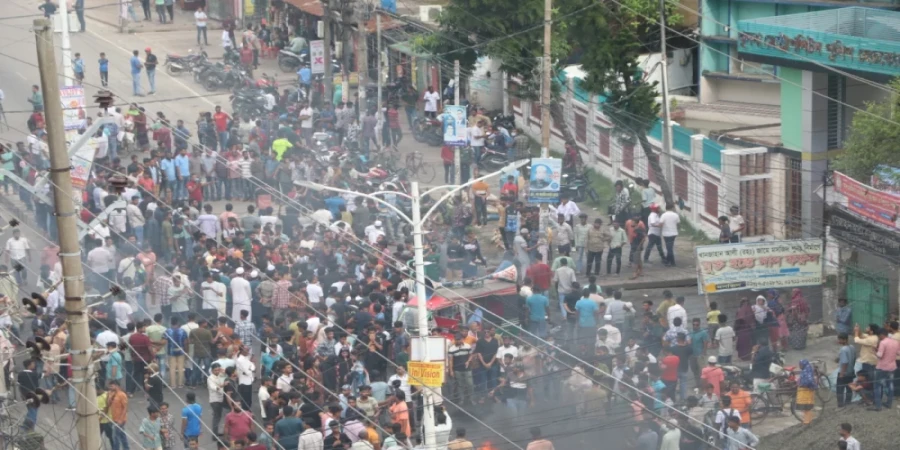
ছবি: Photo: Collected
Bangladesh to Accelerate Rooftop Solar Program as Country Lags Behind Regional Peers in Renewable Energy Adoption
Chief Adviser Dr. Muhammad Yunus has instructed authorities to initiate rooftop solar power generation across all government buildings in the country. The directive came during a meeting titled “National Rooftop Solar Program” held at the State Guest House Jamuna on Thursday.
Officials attending the meeting highlighted alarming data from the 2024 report by the International Renewable Energy Agency (IRENA), which showed that Bangladesh is significantly behind its neighbors in achieving solar energy targets. While India meets 24% of its total electricity demand through solar power, Pakistan 17.16%, and Sri Lanka an impressive 39.7%, Bangladesh only generates 5.6% of its electricity from solar sources.
According to the National Renewable Energy Policy 2025, Bangladesh has set a target of fulfilling 20% of its total electricity demand from renewable sources by 2030 and 30% by 2040. To meet this goal, the government has already initiated the tendering process for 55 land-based solar power projects with a combined capacity of 5,238 megawatts. However, these projects are expected to take until 2028 to become fully operational.
In light of these challenges, Dr. Yunus emphasized the urgent need to implement a more immediate solution by launching a fast-track national rooftop solar program. As part of this directive, he called for the installation of rooftop solar systems on all government buildings, including schools, colleges, madrasas, and public hospitals.
"Consider whether the installation of solar panels on government buildings can be undertaken by private initiatives," Dr. Yunus suggested. “Those who install the systems will maintain them and manage them effectively for their own commercial interest. The government’s role will be limited to providing rooftop space.”
He further stressed the importance of learning from the experiences of institutions that have already adopted rooftop solar systems. “We need to understand the challenges they have faced and work towards resolving those issues,” he added.
Dr. Yunus’s proposal aligns with a growing global shift toward decentralized, renewable energy solutions. By leveraging unused rooftop space on public infrastructure, Bangladesh aims to accelerate solar power adoption without waiting for the longer-term implementation of ground-mounted projects.
The meeting was also attended by key stakeholders, including Energy, Power and Mineral Resources Adviser Muhammad Faozul Kabir Khan, Executive Chairman of the Bangladesh Investment Development Authority (BIDA) Chowdhury Ashiq Mahmud Bin Harun, as well as senior officials from the Ministries of Power, Energy and Mineral Resources, and Secondary and Mass Education.
The government is expected to issue follow-up directives to the concerned departments soon, focusing on technical feasibility, funding models, public-private partnerships, and regulatory adjustments to support the nationwide rooftop solar initiative. The plan, if effectively implemented, could mark a significant leap in Bangladesh’s renewable energy transition and contribute meaningfully to its climate goals.
repoter





